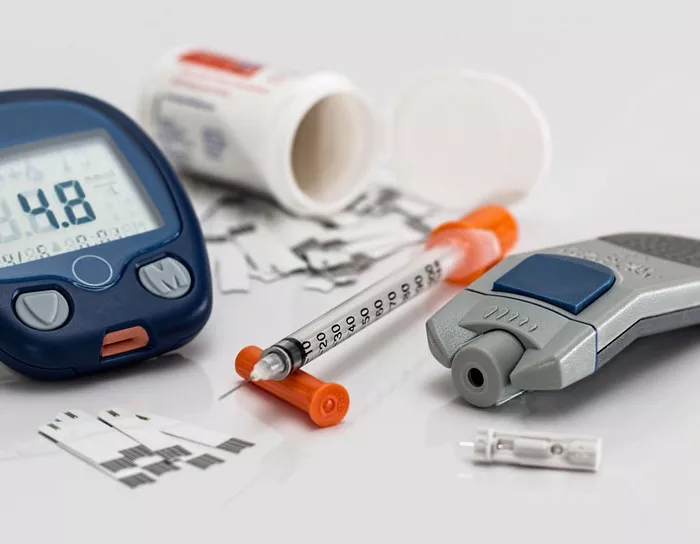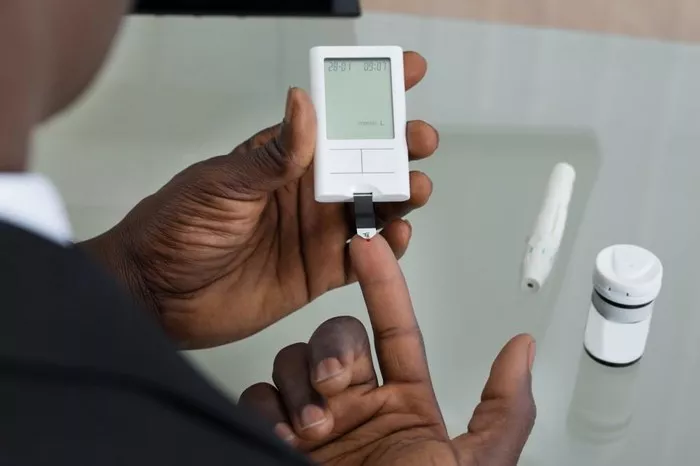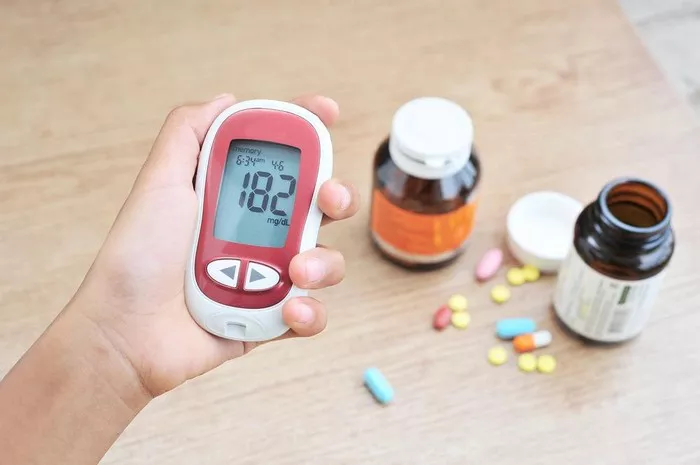Hypoglycemia, an often-underestimated condition, poses a significant threat to canine health and well-being. In this comprehensive guide, we delve into the intricacies of hypoglycemia in dogs, exploring its definition, causes, symptoms, diagnosis, treatment options, prevention strategies, and the importance of timely veterinary care.
Hypoglycemia in dogs is a medical condition characterized by abnormally low blood sugar levels, typically below the normal range of 70-140 mg/dL. Glucose serves as the primary source of energy for cells, and maintaining stable blood sugar levels is crucial for the proper functioning of various bodily processes.
Normal Blood Sugar Levels in Dogs
In healthy dogs, blood sugar levels typically range between 70 and 140 milligrams per deciliter (mg/dL). Consistent glucose levels within this range are essential for providing energy to cells and supporting overall health and vitality.
Causes of Hypoglycemia in Dogs:
Insulin Overdose: Accidental or excessive administration of insulin, particularly in diabetic dogs receiving insulin therapy, can lead to hypoglycemia.
Inadequate Food Intake: Skipping meals, prolonged fasting, or inadequate carbohydrate intake can deprive the body of glucose, resulting in low blood sugar levels.
Excessive Exercise: Intense or prolonged physical activity without sufficient food intake can deplete glucose stores, leading to hypoglycemia.
Liver Disease: Liver disorders, such as hepatic insufficiency or portosystemic shunts, can impair glucose production and regulation, increasing the risk of hypoglycemia.
Hypoadrenocorticism (Addison’s Disease): This hormonal disorder affects the adrenal glands, leading to insufficient production of cortisol and aldosterone, which can result in hypoglycemia among other symptoms.
Insulinoma: A rare tumor of the pancreas that produces excessive insulin, leading to hypoglycemia.
Medications: Certain medications, including steroids or sulfonylurea drugs, can lower blood sugar levels in dogs.
Symptoms of Hypoglycemia in Dogs
The signs and symptoms of hypoglycemia in dogs may vary depending on the severity of the condition and the individual dog’s response. Common symptoms include weakness or lethargy, tremors or shaking, lack of coordination, seizures, confusion or disorientation, and in severe cases, unconsciousness or coma.
Diagnosis and Treatment
Diagnosing hypoglycemia in dogs typically involves measuring blood glucose levels through a simple blood test. Treatment options may include the administration of oral glucose or intravenous dextrose to rapidly raise blood sugar levels, adjustments in insulin therapy or feeding schedule for diabetic dogs, and management of underlying medical conditions contributing to hypoglycemia.
Prevention Strategies
Preventing hypoglycemia in dogs involves implementing practical strategies to maintain stable blood sugar levels. These include establishing a consistent feeding schedule with balanced meals containing carbohydrates, protein, and fat, regular monitoring of blood sugar levels, especially in diabetic dogs, avoiding excessive exercise or strenuous activity in dogs prone to hypoglycemia, and closely supervising dogs with known risk factors for hypoglycemia.
When to Seek Veterinary Care
Pet owners should seek prompt veterinary care if they suspect their dog is experiencing hypoglycemia or if they observe any concerning symptoms. Early intervention is crucial to prevent complications and ensure the dog’s safety and well-being.
Conclusion
Hypoglycemia is a serious condition that can pose significant risks to canine health if left untreated. By understanding the causes, symptoms, diagnosis, treatment options, prevention strategies, and the importance of timely veterinary care, pet owners can effectively safeguard their dogs against the potential dangers of hypoglycemia.
Related Topics:
What Type Of Shock Would Profound Hypoglycemia Cause?


























